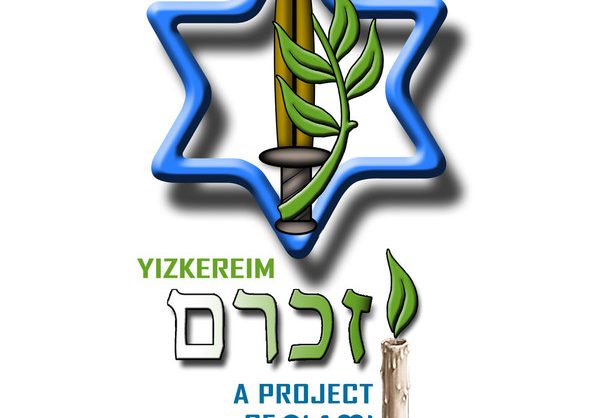Baruch was born in Romania. He grew up in his hometown. On the eve of the Second World War (September 1939), more than 600,000 Jews lived in Romania, and since the beginning of the war Romania cooperated with Nazi Germany and aimed to expel the Jews from the state, In the course of the war, Hitler gave Romania the Transnistria region of western Ukraine between the rivers of Bog and Dniester, where some 300,000 Jews lived, tens of thousands of whom were murdered immediately upon the entry of the Germans. , And in total, more than 150,000 people were concentrated in the camps and engaged in forced labor After the mass deportations of the Jews of Bukovina and Bessarabia to Transnistria, many Jews were murdered, and many of the deportees died as a result of the hardships they had been forced into.Then Transylvania’s Jews were transferred to Hungarian sovereignty, most of them sent to the death camps. Baruch was the only surviving member of his family, and after the war Baruch lived for a while longer in Romania until he immigrated to Eretz Israel. The illegal immigrant ship Aliyah was arrested by the British and all its members were sent to Cyprus, where Baruch managed to reach Palestine only in May 1948, shortly before the declaration of the state. As soon as he arrived, at the height of the War of Independence, Baruch enlisted in Tel Aviv and was sent to the Tel Litvinsky base. There, among the many recruits, he lost his family photographs, which were the only memory of his life in Romania. Baruch was assigned to the Givati Brigade, a 5 th Brigade. A member who enlisted with him testified that he was very Simcha that he had been allowed to be a soldier and bear arms. The same friend said that Baruch was twice as Simcha when he learned that his department was being sent to the Negev to fight the Egyptian invader. On May 20, 1948, several units of Givati were sent as reinforcements to Kibbutz Nitzanim. This kibbutz, located north of Ashkelon on the southern coastal plain, suffered from Arab harassment from the beginning of the war, was isolated and supplied only by secure convoys that were frequently attacked on their way. On May 15, 1948, the Egyptian army invaded Israel, and after its incursion northward near Ashdod, Kibbutz Nitzanim was left behind. The Egyptians understood that this point could serve as a basis for the activity of the Israeli forces and concentrated considerable force in order to conquer it. At the same time, 70 non-combatant members of the kibbutz were evacuated and two Givati brigades were evacuated. The Egyptian attack on Nitzanim began on the night of June 6, 1948. The first attack was stopped by the defenders, but at noon the Egyptians managed to penetrate the economy. The defenders of the economy withdrew to the structure called the palace, and at 16:00, in light of their losses, the lack of connection with the outside and their total encroachment forced them to surrender. In the battle on 29 Iyar 5708 (7.6.1948) Baruch fell. Was one of the last fatalities before the surrender. Baruch was twenty-two years old when he fell. He was laid to rest in a mass grave at Nitzanim. His name is engraved on the monument erected in the kibbutz cemetery. Two days before they fell, he said to his commander: “If I fall here, please write about my grave in clear letters: Here lies the soldier who is swarmed from Romania, who fell for the homeland.” More than 30 fighters were killed in Nitzanim, half of them members of the kibbutz and the other Givati soldiers. About 100 people were taken to captivity in Egypt. The destroyed Kibbutz Nitzanim was liberated by the IDF during the “Yoav” operation in October 1948. On the ruins of the site was a youth village,(Sisters, brothers, sisters, sons and daughters), who experienced the Holocaust in the ghettos and / or concentration and extermination camps and / or in hiding and in hiding in the territories occupied by the Nazis. The Nazis and / or fighting alongside members of the underground movements or partisans in the Nazi-occupied territories who immigrated to Israel during or after World War II, wore uniforms and fell in the Israeli army
